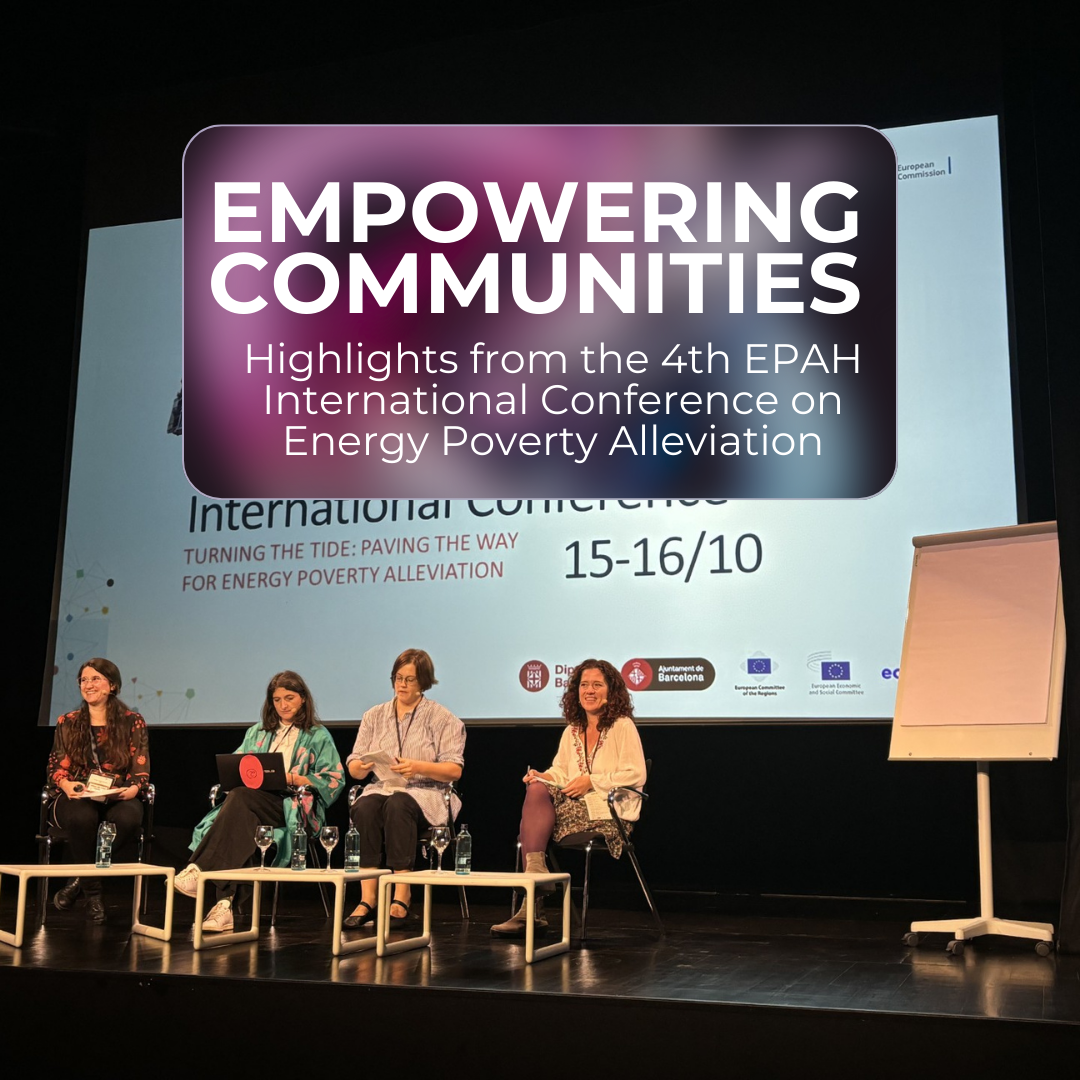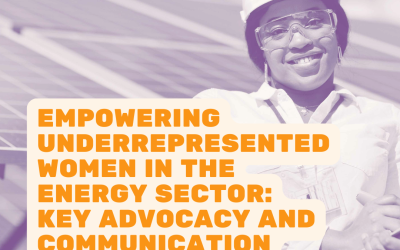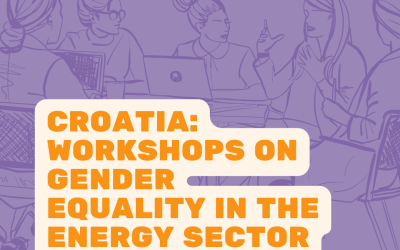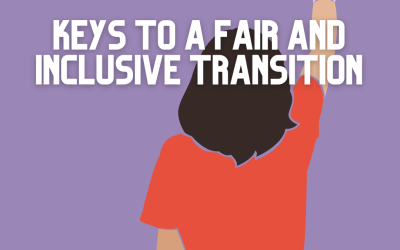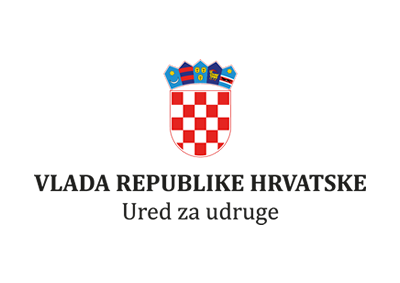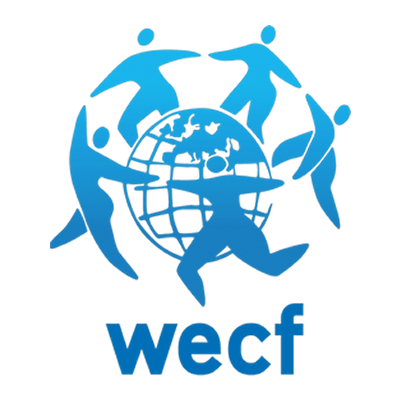The 4th EPAH International Conference in Barcelona, titled “Turning the tide: paving the way for energy poverty alleviation,” highlighted the importance of collaboration and inclusivity in addressing energy poverty.
The conference brought together 248 in-person participants and 208 online attendees, including representatives from local governments, EU institutions, and civil society organizations, all committed to promoting a just energy transition.
Key discussions revolved around the role of local communities in effective implementation of EU provisions for energy poverty alleviation, as emphasized by Veronique Marx, Team Leader for Just Transition and Energy Poverty at the Directorate General for Energy of the European Commission. The need for gender-sensitive approaches was also underscored, with Kata Tüttő, Deputy Mayor of Budapest, emphasizing the different energy needs of men and women.
The EUWES project played a pivotal role in the “Recognition of the Gender Dimension in Energy Poverty” panel, which focused on how women, especially in women-led households, are disproportionately affected by energy poverty. The panel explored strategies such as enhancing women’s access to energy education and resources and promoting gender-inclusive policies. Katjuša Šavc, from Focus Association for Sustainable Development, stressed the importance of training to counter gender bias in the energy sector, advocating for greater diversity in decision-making roles. Miljenka Kuhar, from Society for Sustainable Development, presented the findings of the EmpowerMed project and emphasized that policies should not be created based on a gender-neutral perspective, as there are biological differences between men and women and in how they perceive comfort in their homes. Andrea Vides from Engineering Without Borders was the moderator of the panel, presenting the activities of the EUWES project in Spain and highlighting the importance of education for women in the energy sector.
Overall, the conference served as a platform for the exchange of ideas and experiences, reinforcing the value of strong networks like the EPAH consortium. It emphasized the importance of initiatives such as EUWES in ensuring that gender inclusivity is central to Europe’s collective efforts to alleviate energy poverty and achieve a just energy transition.
